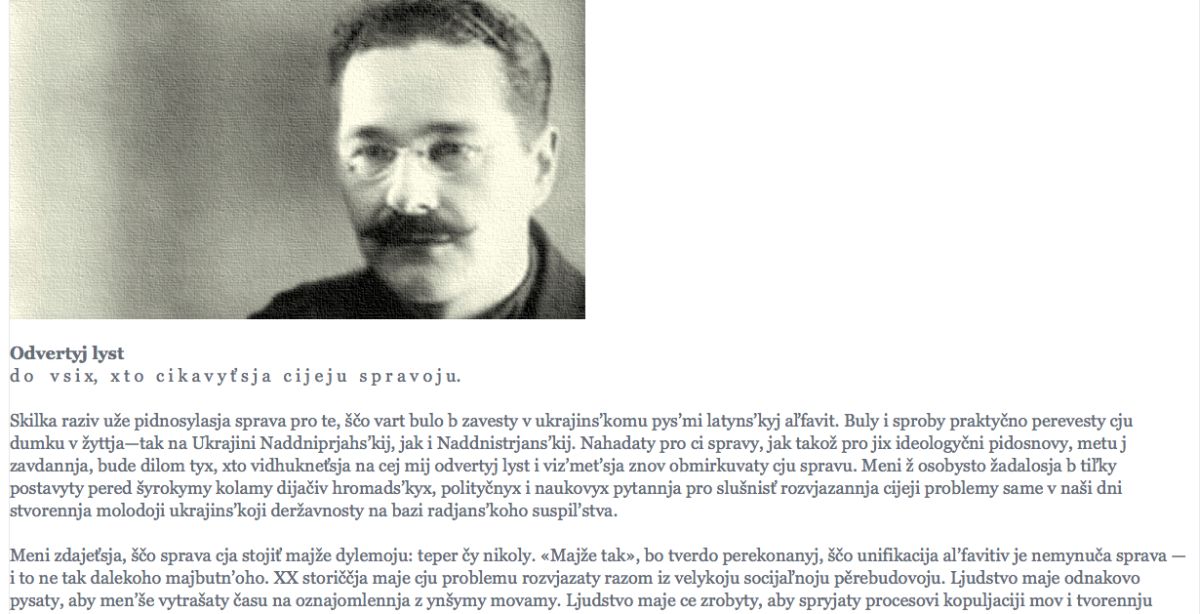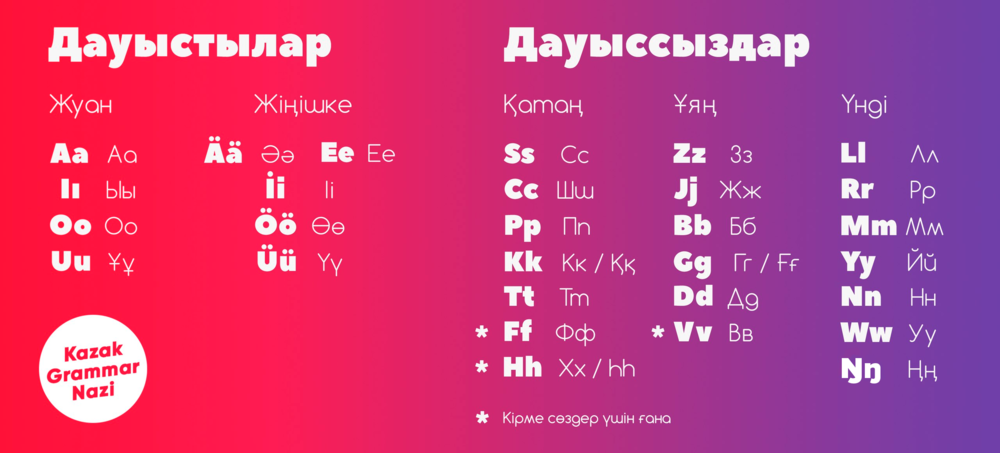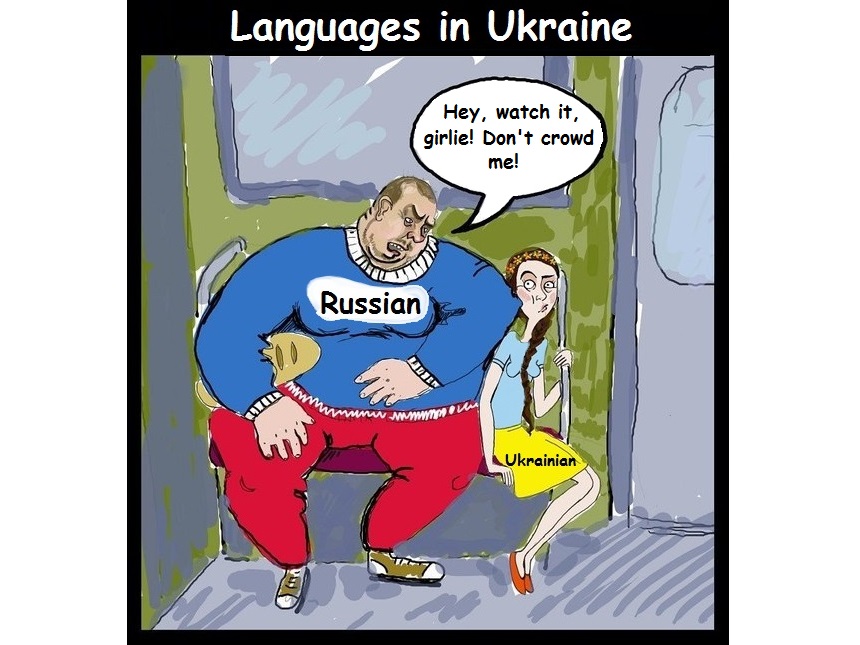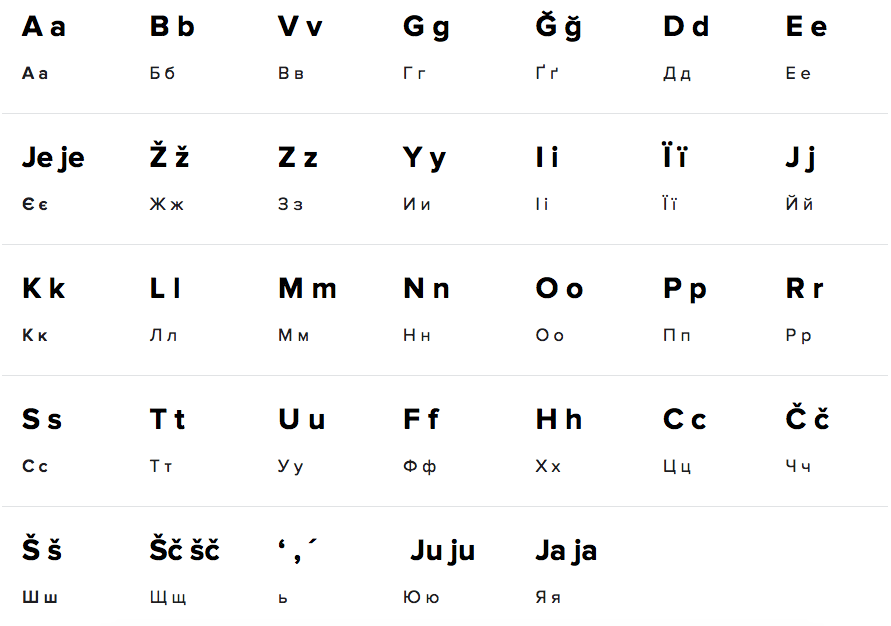If Ukraine and Belarus shift from the Cyrillic-based alphabets they now use to Latin scripts, they will not only inflict a symbolic wound to the Russian world but threaten Moscow’s ability to address Russia’s demographic crisis by reducing the number of Ukrainians and Belarusians who could re-identify as Russians, Oleh Khavich says.
The recent call by Aleksey Danilov, secretary of the Ukrainian National Security and Defense Council, for Ukraine to Latinize its alphabet and make English rather than Russian the second state language of the country has sparked an angry reaction in Moscow and among some Russians in Ukraine.
But the reaction has generally been limited to Russian suggestions that such moves are a symbolic move intended to reduce Russian influence and curry favor with the West which many Russians believe is behind this proposal. They have not talked about what may be Moscow’s greatest real concern: demography.
Now, Oleh Khavich, a pro-Moscow Ukrainian scholar, argues that the real reason for opposing moves toward Latinization is that if Ukraine and Belarus do make that shift, Russia will no longer be able to get people from these places to re-identify as Russians and thereby solve Russia’s demographic problems.
According to him, if Ukrainians and Belarusians use the Latin script, they will find it easier not to learn Russian and, not knowing Russian, they will be less available for recruitment to the Russian nation. Because of demographic problems, Russia needs them to be available for such an ethnic shift.
On the one hand, this simply reflects an extension of Vladimir Putin’s notion that Ukrainians and Russians are one nation. But on the other, it underscores that they are not and that if Ukrainians stop learning Russian because they stop using Cyrillic, they will be even more separate, exactly what the advocates of Latinization hope for.
But what makes this argument significant is that it explains why Moscow is going to pull out all the stops to try to block Latinization in Ukraine and to slow or even reverse moves toward Latinization in Belarus, moves that have not attracted as much attention but that show how Latinization is a process than a one-time event.
As Khavich points out, Belarusian nominally is still written in Cyrillic; but over the past two decades, Minsk under Alyaksandr Lukashenka has taken steps to increase the importance of the Latin script in ways that Moscow has so far failed to take note. The Belarusian authorities have called for toponyms to be transliterated from Belarusian into Cyrillic via the Latin script.
As a result of this, Belarusian is being Latinized to a significant degree, the Ukrainian writer says. And “since 2014” when Moscow occupied Crimea, “this process has accelerated.” Indeed in 2018, Vintsyk Vyachorka, a Latinization supporter, said that “Belarusian will soon be recognized as having two alphabets, including at the international level.”
It is entirely possible that the Ukrainian government will follow the Belarusian lead, promoting a kind of “soft” Latinization that Moscow may find even more difficult to block than a “hard” move that Moscow almost certainly would try to mobilize ethnic Russians in Ukraine and people in the West against.
Read More:
- Moscow upset by new talk in Kyiv about Latinization of Ukrainian
- Is handing out passports in the Donbas Putin’s solution to Russia’s demographic collapse?
- Would shift to Latin script liberate Ukrainian or destroy it?
- Three ways Kremlin contributing to Russia’s demographic crisis (2017)
- Moscow reacts to Kazakhstan and Kyrgyzstan switching from Cyrillic with hysterics (2017)
- Ukraine should shift from Cyrillic to Latin script, former Verkhovna Rada deputy says (2016)





